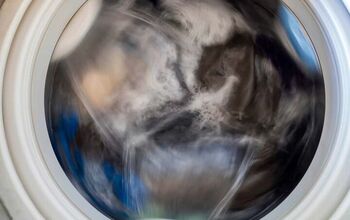How Long Should You Run An Air Purifier? (Find Out Now!)

Air purifiers are becoming a popular home technology as people become more aware of the air they breathe. Whether you opt for a standalone unit or whole-home system, air purifiers boost indoor air quality. One of the most common questions is, “How long should you run an air purifier?”
Run an air purifier 24 hours per day, 7 days per week, or at least 12 hours each day. Run it 30 minutes to 2 hours to quickly clean a room. Run an air purifier at night and when you aren’t home. Air purifiers work faster and more efficiently with clean filters.
Let’s take a look at how air purifiers work and some best practices for using these indoor air quality units.
Do You Need Indoor Air Quality Testing?
Get free, zero-commitment quotes from pro contractors near you.

How Does an Air Purifier Work?
Air purifiers remove airborne particles from the air inside your home. You can use a standalone unit if you live in an apartment or only want to treat one room. For larger spaces, you can use more than one unit or place several around your home. Air purifiers are also available as integrated components of your HVAC system.
What is an Air Purifier Good For?
An air purifier is good for removing particles of a certain size. Most consumer air purifiers remove airborne particles of 0.3 micron or larger. For reference, 1 micron equals 1/25,000 of an inch. That’s pretty small, yet most irritating particles measure less than 0.3 microns. The best air purifiers remove a larger range of particles between 0.1 to 1 micron. This eliminates smoke, bacteria, viruses, mold spores, dust, pet dander, odors, chemicals, and other particulates.
Should I Use an Air Purifier?
It is always a good idea to run an air purifier in your home, even if you live alone and don’t have allergies. Benefits of air purifiers include:
- Less dust on your furniture, rugs, and carpet
- Fewer symptoms of allergies and sinus problems
- Better sleep
- Reduced risk of dust mites
- Air that smells fresh and clean
- Lower risk of getting sick
How Does an Air Purifier Help?
By removing harmful airborne particles from inside your home, air purifiers improve indoor air quality. When you breathe in, you are not only getting air, but anything in the air. Your immune system can handle most airborne particles, but this takes energy. Your immune system may also get overwhelmed by airborne particles, and this is when you get sick.
Air purifiers also keep your home clean. Mold spores in the air find places to colonize. Over time, the colonies break down materials, such as tile flooring, caulk, wood, and fabrics.
How to Choose the Best Air Purifier
There are a few considerations when you are getting ready to buy an air purification system for your home. First, decide how many square feet you want to cover with the unit.
Second, make a list of any signs and symptoms that you want to eliminate. If you want less dust on your furniture, choose a unit that handles 0.3-micron particles or larger. For allergies and other physical symptoms, get a unit that handles particles between 0.1 to 1 micron.
HEPA filters are the best filtration system for home use. Couple this with a secondary filter, such as activated carbon, negative ion, or ultraviolet light. These secondary technologies eliminate particles that may not be trapped by the primary filter.
Related Guide: Why Are Air Purifiers So Expensive?
How Do You Use an Air Purifier?
The most important aspect of using an air purifier is putting it in the best location. There is no standard answer to this question. Instead, you’ll need to consider some things about the room, specifically:
- Where have you noticed the highest concentration of dust or allergic reactions?
- Where is the best air flow in the room? You never want to put an air purifier in a corner or against the wall.
- Where can you put the unit above the ground? Ideally, it should be 3 to 5 feet off the ground.
- Is there a place where the air purifier won’t be blocked by furniture and other items?
- Is the room next to a source of humidity, such as a kitchen or bathroom? If so, the air purifier should be on the opposite side of the room.
- Do you have a place that is away from electronic devices? Static electricity interferes with the operation.
Another tip for air purifiers is to move them around the room. Maybe move your unit once each day or just one time each week. It really can help.
How Long Should You Run an Air Purifier?
Ideally, an air purifier should run at least 12 hours each day. The longer you run it, the better the results.
When Should I Run My Air Purifier?
If you can only run your air purifier for part of the day, the best time is late afternoon or evening. In the morning, the particles have settled on furniture and carpeting. The concentration of airborne particles is lower. By the end of the day, you have moved around enough to make those particles airborne again. Your air purifier is ready to trap them.
Is It Safe to Run an Air Purifier All the Time?
It is safe to run an air purifier all the time. In fact, it is ideal to run an air purifier 24/7.
Is It OK to Leave an Air Purifier on All Night?
You can leave your air purifier on all night. There is little risk of fire, as long as the unit is in good condition.
Should the Air Purifier Run When I’m Not Home?
Run your air purifier even when you aren’t home. Otherwise, it has to play catch up once you return.
How Long Does It Take for an Air Purifier to Clean a Room?
Most consumer air purifiers can treat the air in a room within 30 minutes to 2 hours. Some units have “turbo” modes that filter air much faster. You’ll see a difference in as little as 20 minutes, but let the unit keep running.
When you’re shopping for an air purifier, look for an extraction rating. This tells you how much air the purifier can clean within an hour.
Air purifiers with HEPA filters perform 4 cycles per hour. This means that the air is filtered through the unit once every 15 minutes.
Newer air purifiers have built-in air quality monitors. The sensors in the unit measure the particles in the air and automatically adjust the cycles per hour.
In addition to the unit itself, you’ll also need to consider time of year. For example, there’s more pollen in the air during the spring and summer. Your air purifier may take more time to remove the particles.
Related Questions
Can I install an air purifier in my HVAC system?
Yes. Speak to a local HVAC or indoor air quality company. There are devices that can be installed in the ducts of your heating and cooling system. You may also want to consider upgrading your HVAC filters.
Do You Need Indoor Air Quality Testing?
Get free, zero-commitment quotes from pro contractors near you.

Conclusion
The longer you run your air purifier, the better the results. The units use relatively little energy, so your utility costs will not go up significantly. Run the unit at least 12 per day, preferably during the day rather than at night. Ideally, though, your air purifier should run 24/7, even when you aren’t home.
Related Guide

Jennifer L. Eggerton loves being hands-on, whether it's with a home DIY project, making repairs, re-decorating a room, or keeping life organized. She enjoys helping people by sharing her knowledge, insights, and experiences, as well as her lessons learned. In addition to her work as a writer, Jennifer is a Jeep® overlander, self-published author, and nature photographer who loves being outdoors.
More by Jennifer Eggerton



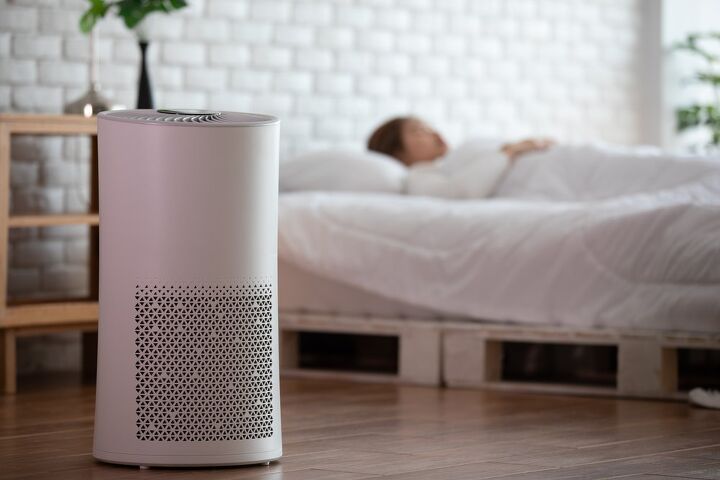








![10 Best Zero Turn Mowers – [2022 Reviews & Ultimate Buyer's Guide]](https://cdn-fastly.upgradedhome.com/media/2023/07/31/9070522/10-best-zero-turn-mowers-2022-reviews-ultimate-buyer-s-guide.jpg?size=350x220)

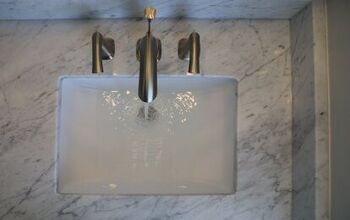
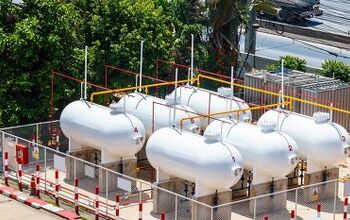
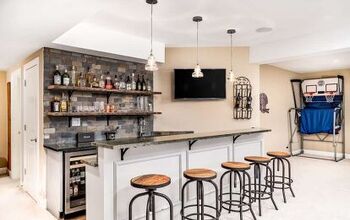

![12 Washing Machine Brands to Avoid [with Recall Data]](https://cdn-fastly.upgradedhome.com/media/2023/07/31/9075781/12-washing-machine-brands-to-avoid-with-recall-data.jpg?size=350x220)


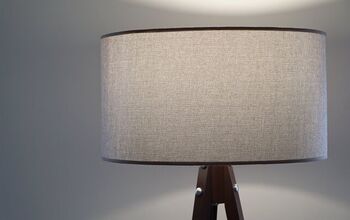

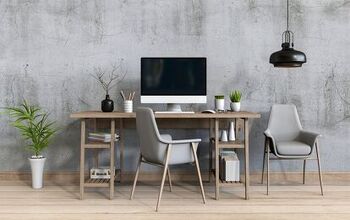
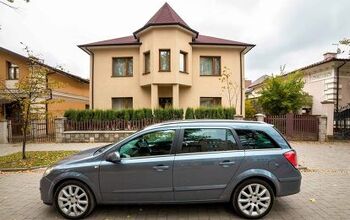

![How To Reset A Whirlpool Cabrio Washer [In 5 Easy Steps!]](https://cdn-fastly.upgradedhome.com/media/2023/07/31/9076531/how-to-reset-a-whirlpool-cabrio-washer-in-5-easy-steps.jpg?size=350x220)
